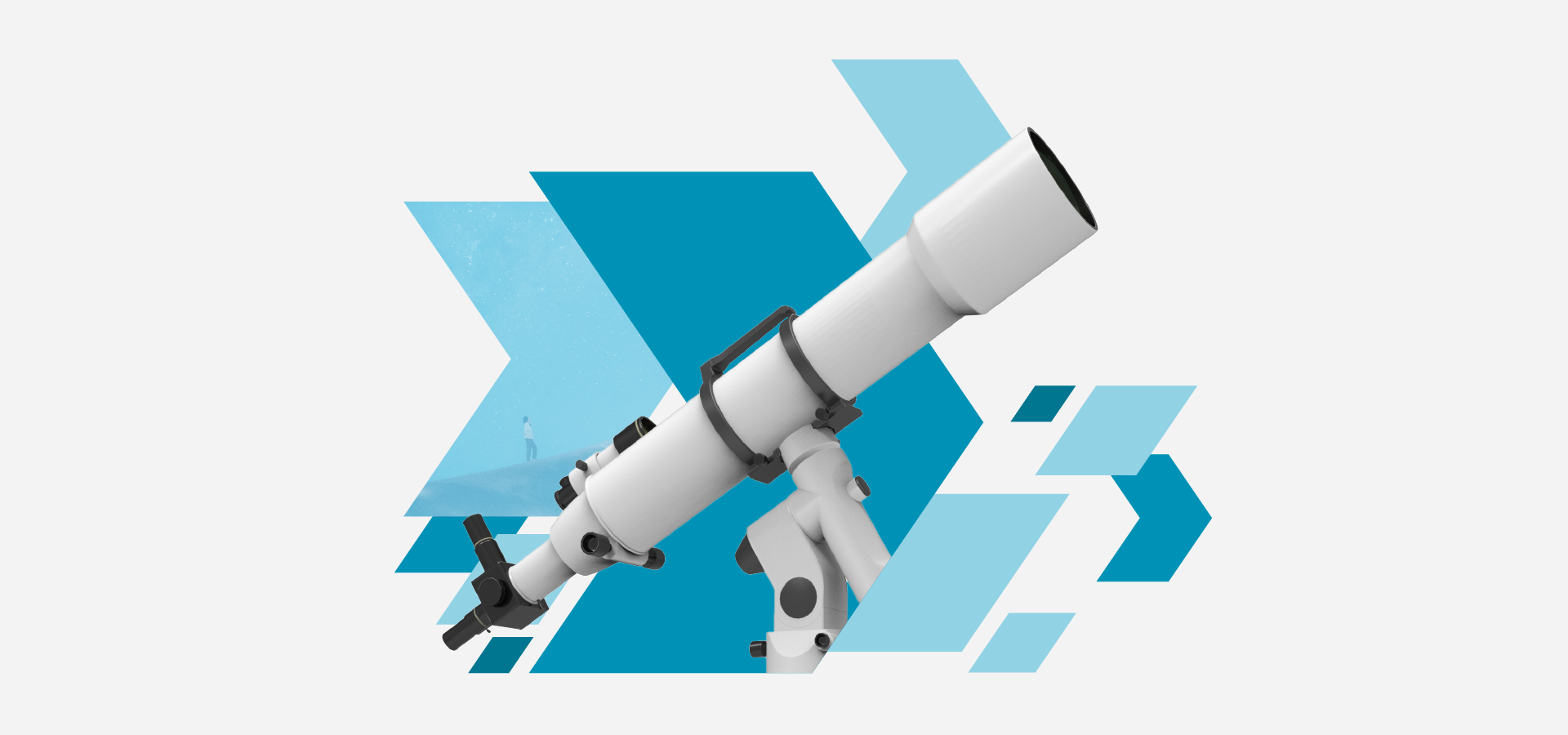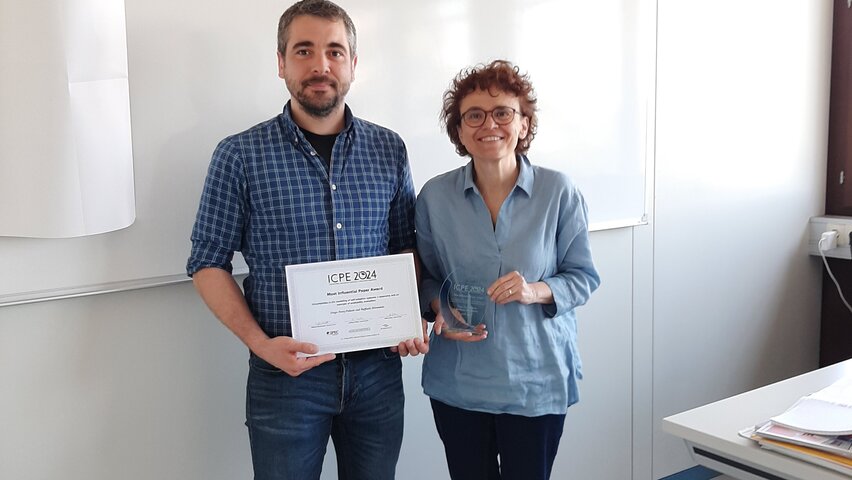
Ein Interview mit Diego Perez-Palacin
Das Interview wurde auf Englisch geführt.
Diego Perez-Palacin Ph.D. is currently Senior Lecturer in the Computer Science and Media Technology Department at Linnaeus University, Sweden. His research interests are in the areas of quality properties of software with special interest in self-adaptive and embedded software, model-based analysis using formal methods, self-adaptation under uncertainty, and Software Performance Engineering. He was invited by Prof. Dr. Raffaela Mirandola, head of Self-adaptive Software Systems group, KIT KASTEL. Their joined projects are essential for developing reliable, adaptable, and efficient software systems that underpin innovative, next-generation mobility solutions and ensures that future mobility technologies are safe, dependable, and capable of evolving with changing requirements.
Please describe your project.
The idea of self-driving vehicles has been on the table for years, but we are still waiting for it to come true. The achievement of autonomous vehicles seems to be continuously delayed due to the trustworthiness of the driving software. I want to see that day coming soon. To contribute toward that big goal, this project aims to represent and analyze uncertainties during the software execution of autonomous vehicles that affect their trustworthiness.
How did you become acquainted with us? How did you come into contact with your host institution?
I learned about the Innovation Campus through KIT Professors Raffaela Mirandola and Ralf Reussner. I have already collaborated in the past with Prof. Mirandola.
The stay at KASTEL Institute of Information Security and Dependability of KIT is particularly interesting for my research because…
It opens new and engaging perspectives on the trustworthiness of autonomous systems, particularly in autonomous vehicles. It enables the emergence of collaborations with other departments working on the same big goal and that are different from Computer Science, which is very unlikely to happen by just networking in specialized conferences where the vast majority of participants are from Computer Science. That is a great benefit of visiting the institute in person for a mid-term.
How did you perceive the work here at KIT? What did you like the most?
Each institution has its own culture, and expanding one’s viewpoint with new procedures is always positive since it opens the mind. I like the structure at the institution and the welcome and continuous support during the research period that I have received from both the research group and Catherine in the Innovation Campus office. I am very grateful for how the research group has integrated me into their routine activities. I would like to remark that spending research periods in institutions abroad is always beneficial since it broadens the view of the hosted researcher as well as the host.
Bucket list: What three things do you plan to do in Germany, Karlsruhe, Stuttgart?
I had been to Germany some times before this one, but never for a long time in Karlsruhe. Therefore, I concentrate my non-working activities in the Karlsruhe area. The types of things I plan to do in Karlsruhe:
- Enjoying the nature/forest and hiking. The Schwarzwald is near.
- Explore the city and nearby towns.
- Socialize, mainly through sport. Both playing and watching. Maybe these activities help me to learn some German too!
For me, the ICM stands for…
A group of brilliant professionals pushing together toward a common goal relevant to society and imperative to lead in the industry.
